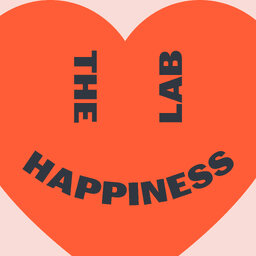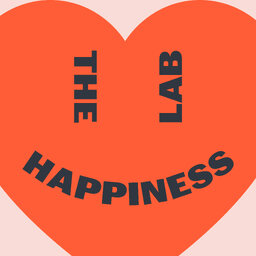How to be Angry Better
Anger is a powerful signal that you or someone you value is in danger. But in our normal lives the sensations of rage we experience are false alarms - we aren't in real peril and we don't need to resort to extreme survival behaviors, such as violence.
Therapist Faith Harper (author of Unfuck Your Anger) explains why our bodies evolved this anger response, and how we can ride out the initial wave of rage and reduce the negative effects of anger on us and our relationships. She also shows that anger has its place in pushing us to find constructive ways to challenge bad things in the world around us.
WARNING: This episode contains some strong language.
You can find Faith's books at the link below.
https://microcosmpublishing.com/catalog/artist/faith-g-harper
Learn more about your ad-choices at https://www.iheartpodcastnetwork.com
In 1 playlist(s)
The Happiness Lab with Dr. Laurie Santos
You might think you know what it takes to lead a happier life… more money, a better job, or Instagra…Social links
Follow podcast
Recent clips

How to Find "The One": The Science of Dating with Tim Molnar
45:01

How to Feel Truly Loved (with Dr. Sonja Lyubomirsky and Dr. Harry Reis)
42:09

How to Design a More Meaningful Life (with Dave Evans and Bill Burnett)
46:30
 The Happiness Lab with Dr. Laurie Santos
The Happiness Lab with Dr. Laurie Santos